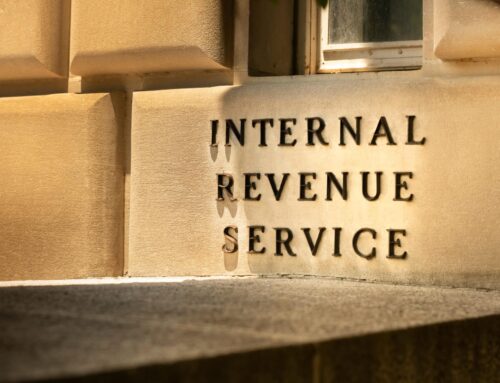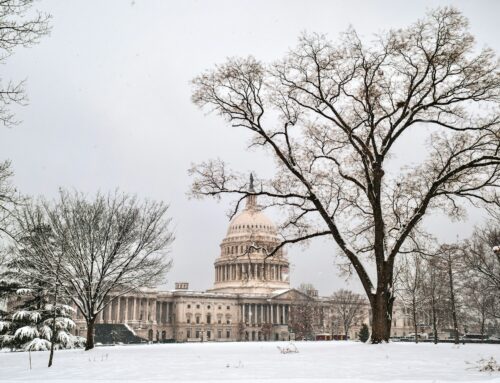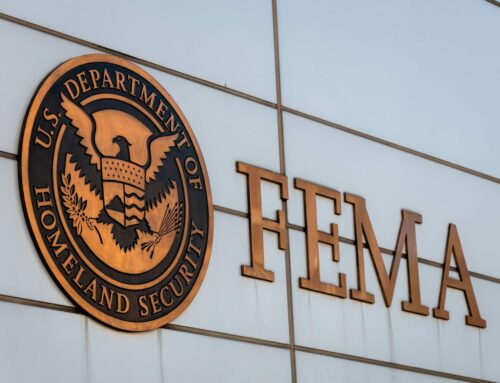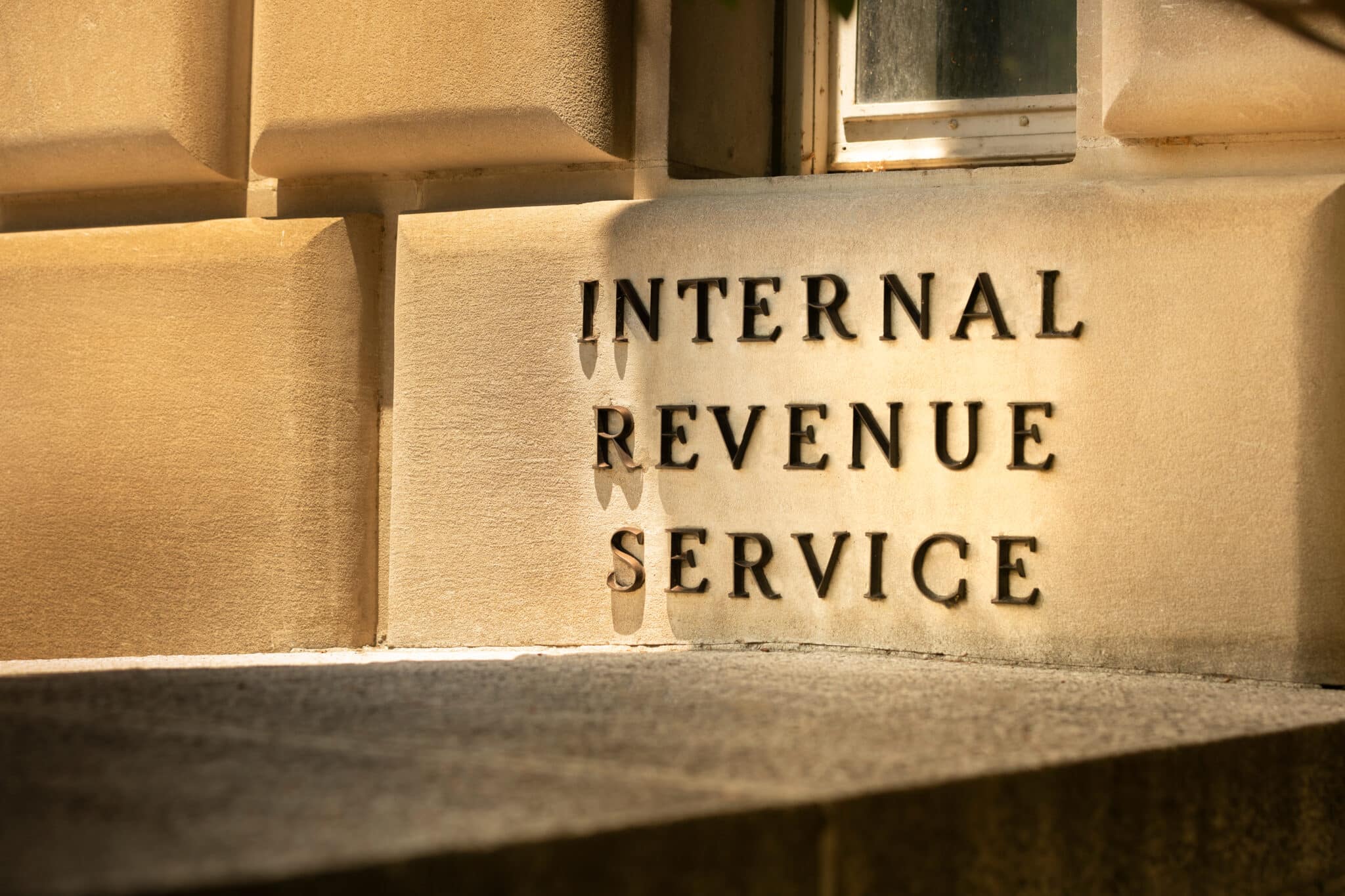On July 10, the Senate Appropriations Committee approved its version of the Legislative Branch Appropriations Act. The legislation, passed on an annual basis, funds congressional staff salaries and agencies administered by Congress, such as the Architect of the Capitol and the U.S. Capitol Police. The House Appropriations Committee similarly approved its own version of the legislation on June 26.
Comparing the two versions of the legislation line by line reveals many instances in which the two chambers appear to think alike. Both versions of the legislation, for example, allocate similar amounts of funding to the Congressional Budget Office and the Office of Congressional Workplace Rights, respectively. However, comparing the two versions also shows that the House and the Senate project different visions for the future of congressional oversight of executive actions, as well as a willingness to use “emergency” provisions to circumvent spending restrictions.
The most glaring difference between the House and Senate versions of the Legislative Branch Appropriations Act is the level of funding provided to the U.S. Government Accountability Office (GAO). GAO is an independent, legislative branch agency that works at the behest of Congress, annually providing hundreds of reports, financial audits, and legal decisions concerning federal expenditures. Many of these are done at the request of Congressional committees, while others are required by law. The Senate version of the legislation funds GAO at the same level as Fiscal Year (FY) 2025: $811,894,000. This amount is about $120 million short of GAO’s FY2026 Budget Request. However, the House version of the Legislative Branch Appropriations Act allocates only $415,370,000 to GAO. This amount, in comparison to previous fiscal years, constitutes a nearly 50% cut to GAO’s operating budget.
The budget cut is tied to another concerning proposal involving GAO. The House version seeks to remove the GAO’s ability to take legal action to enforce the Budget and Impoundment Control Act of 1974 (ICA). Under this law GAO is authorized to file suit when it determines the executive branch has illegally impounded funds – defined as withholding federal funding that is required by law to be spent, except in very narrow circumstances. The House bill prevents GAO from exercising this authority without the consent of Congress.
The latter proposal comes amidst an especially busy time for GAO. In April, U.S. Comptroller General Gene Dodaro testified to the Senate Appropriations Committee that GAO had 39 active investigations of impoundment by the executive branch. So far, GAO has released the results of three of these investigations. In May, GAO found that the Department of Transportation illegally withheld funds from the National Electric Vehicle Infrastructure Formula Program. In June, GAO found that the Institute of Museum and Library Services illegally attempted to cut its own budget, including the Grants to States program, while the Department of Energy’s Office of Energy Efficiency and Renewable Energy did not illegally withhold any congressionally appropriated funds for “Wind Energy Technologies.” Most recently, GAO found that the special message sent to Congress in June by the Trump administration to request recissions was compliant with the ICA, but noted that OMB refused to provide updated apportionment data reflecting the proposed recissions and that GAO has suspended certain impoundment investigations involving funds included in the administration’s recissions.
Both of the GAO proposals in the House version would significantly weaken congressional oversight of taxpayer dollars. Cutting GAO’s budget by almost half would likely force the agency to immediately draw down its operations, including ongoing investigations. Taking away GAO’s ability to file suit would leave the agency unable to hold the executive branch accountable and, as TCS wrote when this proposal first surfaced, invite future administrations to withhold funds with impunity.
The Library of Congress (LOC) also receives a budget cut in the House version of the Legislative Branch Appropriations Act. The Library of Congress includes the Congressional Research Service (CRS), a nonpartisan agency that conducts research projects at the request of members of Congress, and the U.S. Copyright Office, which advises members of Congress on matters involving copyright law and formally oversees U.S. copyright law. While the House and Senate versions of the legislation do fund the CRS and the Copyright Office at levels similar to FY2025, the House version proposes a 15% cut to the LOC’s general salaries and expenses budget. The CRS and the Copyright Office may have been spared this time, but the overall proposal in the House version sets a dangerous precedent that could lead to more substantial cuts and less capacity for the LOC to aid Congress in future budget cycles.
Lastly, the Senate version of the Legislative Branch Appropriations Act involves a questionable use of “emergency” spending capabilities. Although Congress has the power to enact emergency expenditures, meaning the spending is not required to be offset by corresponding cuts or revenue increases but simply added to the deficit, there is no statutory definition of an emergency to guide the process. During the George H.W. Bush Administration, the Office of Management and Budget (OMB) proposed a five-point definition of an emergency for the purposes of budgeting. This definition, included below, never became law, though it has at times been included in budget resolutions. It also provides a commonsense guide to separating true emergencies from items for which deficit spending is politically convenient.
| 1991 OMB Proposal for the Definition of Emergency Spending |
|
Source: Congressional Budget Office, “Emergency Spending Under the Budget Enforcement Act,” December 1998.
Tucked into Title II of the Legislative Branch Appropriations Act, away from all of the other spending provisions, is a category of funds entitled “Senate Protection.” This special section includes $18.5 million for the Senate Sergeant at Arms and Doorkeeper, $25 million for Capitol Police reimbursements, and $1 million for Capitol Police general expenses. The text of the legislation states that these three appropriations have been classified as “being for an emergency requirement” in accordance with federal law. However, the legislation directs these funds to be stored in previously existing expense accounts within the Office of the Senate Sergeant at Arms and Doorkeeper and the U.S. Capitol Police.
| Analysis of Emergency Spending in Senate Version of Legislative Branch Appropriations Act | |||
| Senate Sergeant at Arms and Doorkeeper | Capitol Police Reimbursements | Capitol Police General Expenses | |
| Necessary expenditure | Yes | Yes | Yes |
| Sudden | No | No | No |
| Urgent | Yes | No | No |
| Unforeseen | No | No | No |
| Not permanent | No | No | No |
Source: Adapted from Keith Hennessey, “‘Emergency’ does not mean ‘important,’” June 2010.
An analysis of the emergency provisions of the Senate version of the Legislative Branch Appropriations Act – using a framework developed by former National Economic Council Director Keith Hennessey – indicates that the provisions fail to comply with the five requirements. This suggests that the Senate Appropriations Committee’s use of the “emergency” provision is merely an attempt to circumvent efforts to restrain deficit spending and enact a deficit-financed spending increase. In other words, the Senate is seeking to spend more on items it deems important, without making the tough budgetary tradeoff of offsetting the increased spending with new revenue or spending cuts to other programs. Security for members of Congress is important – nearly 10,000 threats against members of Congress were investigated by the Capitol Police in 2024 alone. However, applying the “emergency” label to funding addressing a need that is foreseen, not sudden, and which may lead to a permanent increase in security spending, is misleading and undermines fiscal responsibility. If Congress wants to spend more on security, they can budget and pay for it through the appropriate channels, and not through emergency spending.
In conclusion, the House and Senate versions of the Legislative Branch Appropriations Act both contain provisions that could harm taxpayers by weakening Congressional oversight of federal spending. The House version would critically harm the GAO’s ability to provide transparency and accountability in federal spending and hamper the LOC’s role in providing research and guidance for Congress. In the Senate version, emergency powers are used to avoid the hard choice of budgeting for spending increases. To protect the legislative branch and promote transparency, Congress should reverse the GAO and LOC funding cuts and move “emergency” security spending to its rightful place within the full budget.










